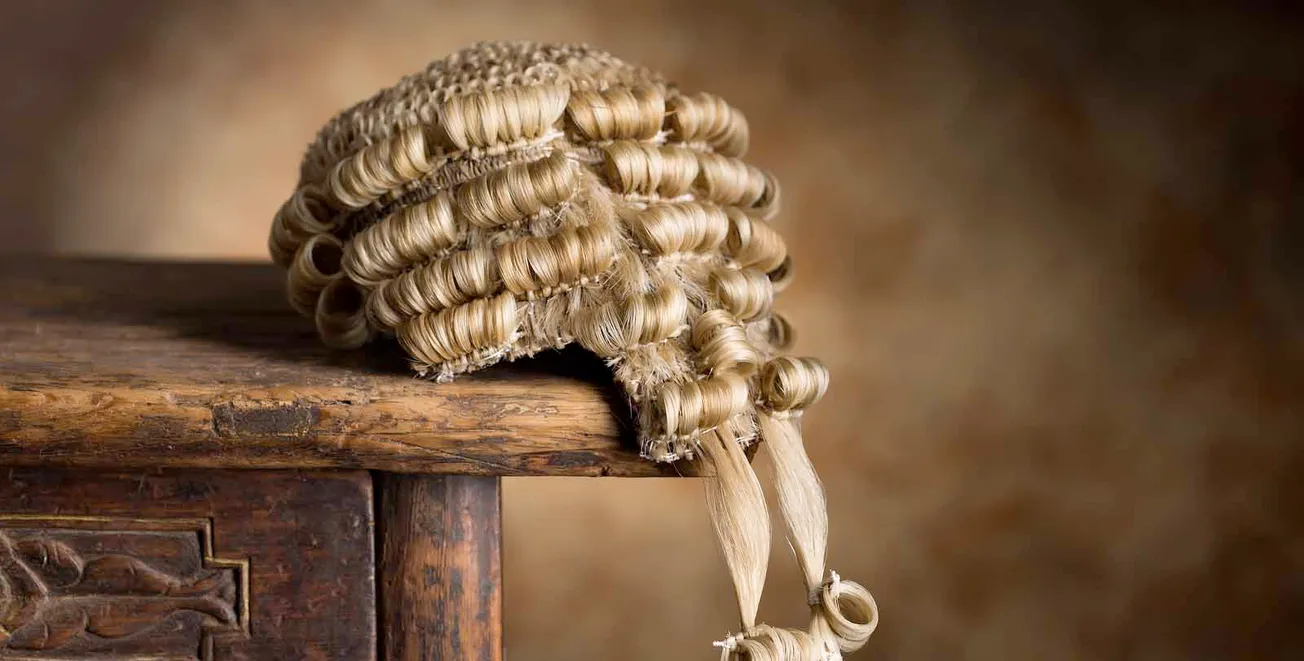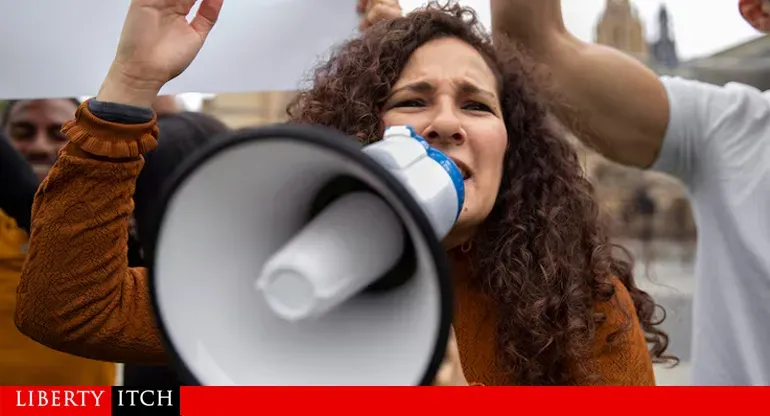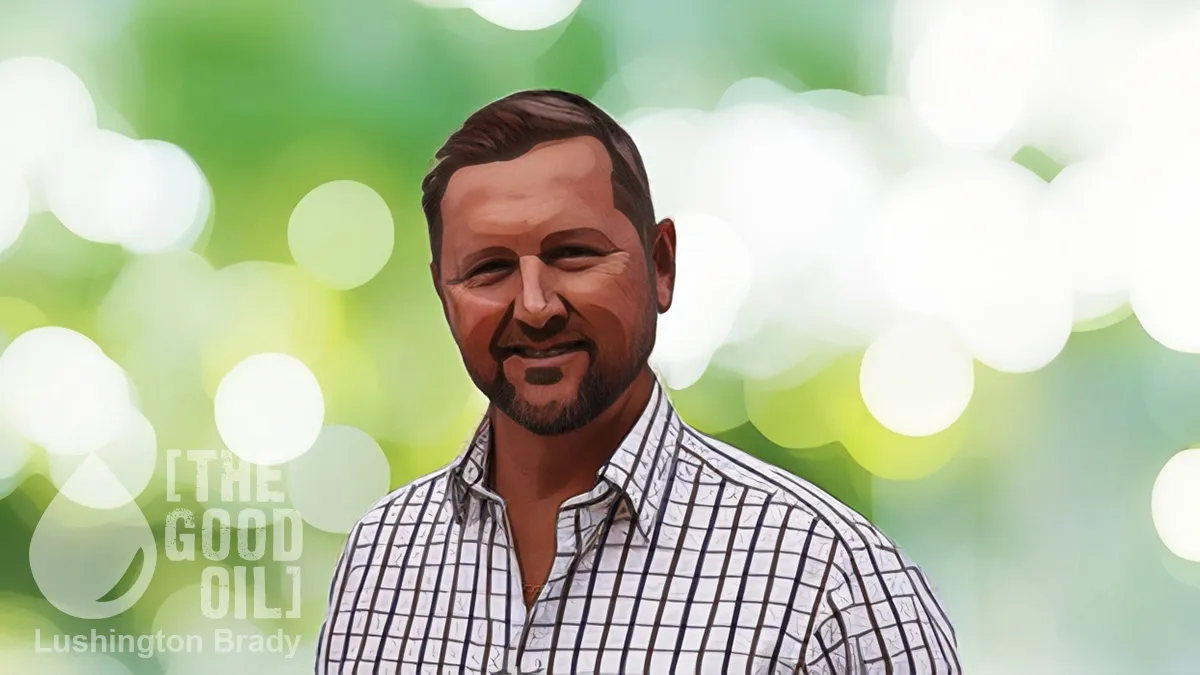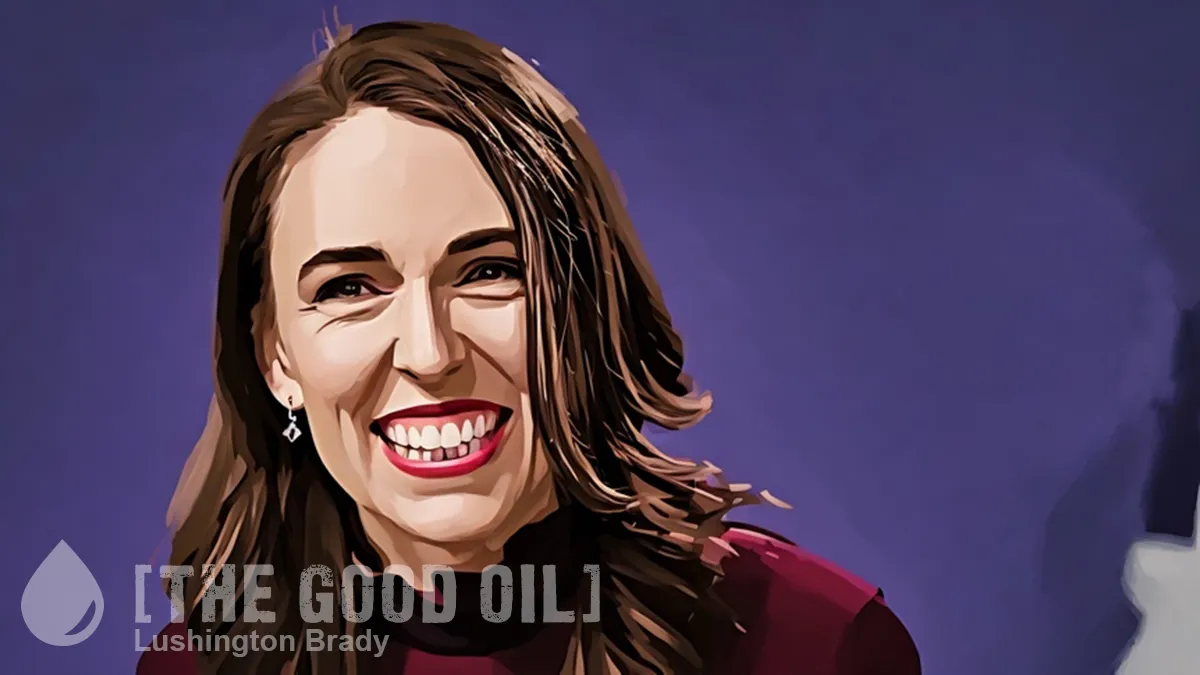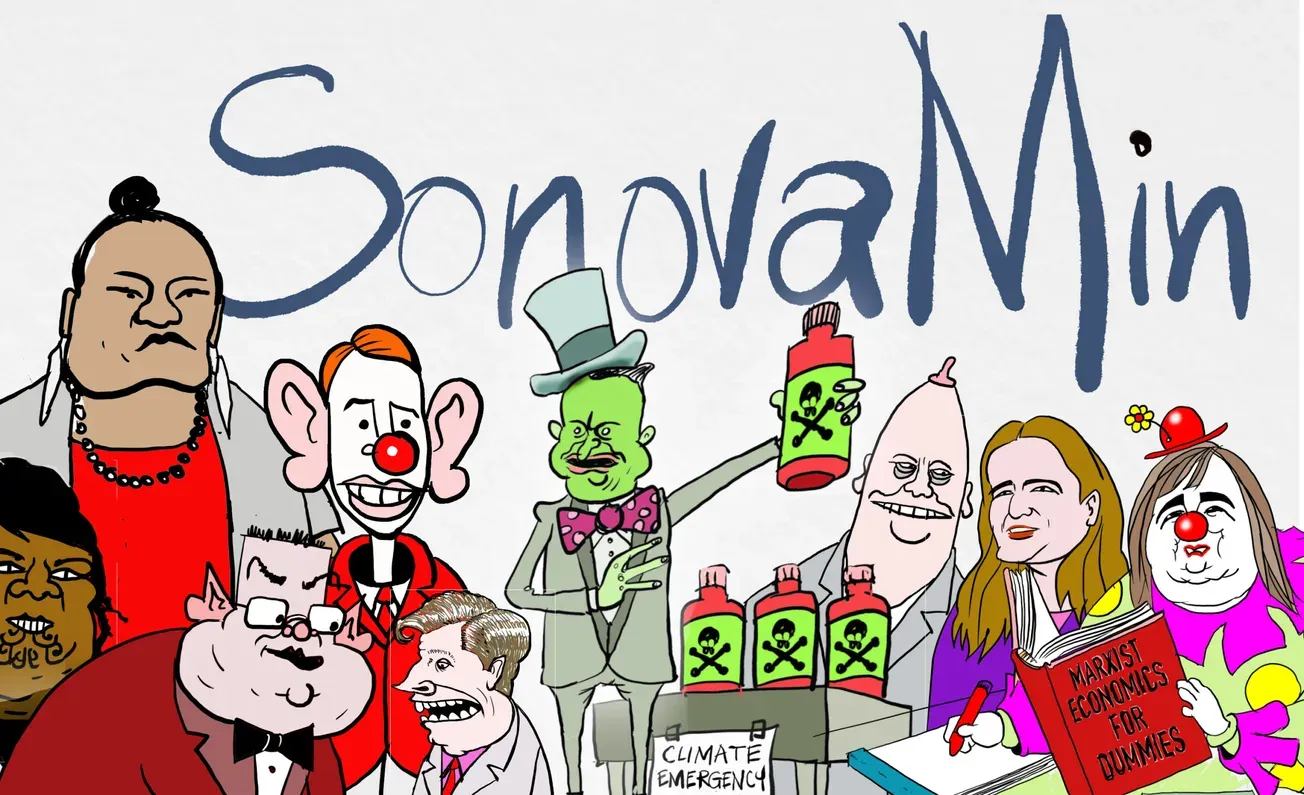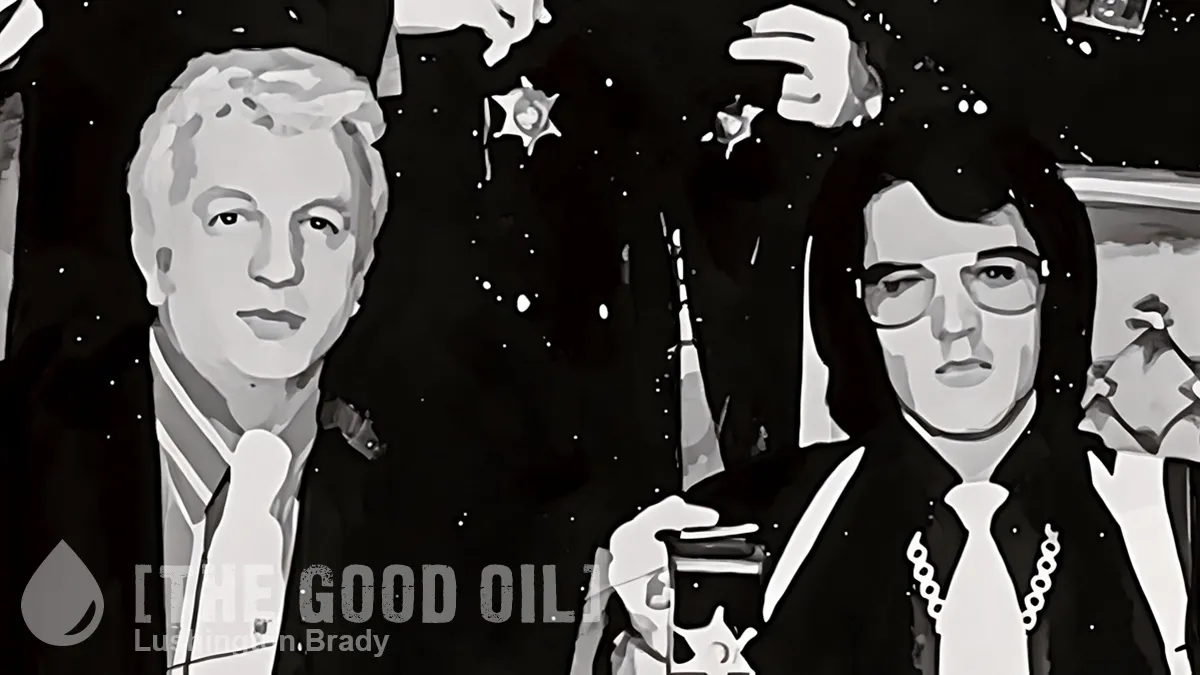Table of Contents
A senior Victorian lawyer is highlighting what many of us already knew: an “Indigenous Voice” will be a lawyers’ picnic, and legal supporters are backing it precisely out of such self-interest. Tacitly, as well, the issue is highlighting the problems inherent in accepting the public pronouncements of professional bodies as bona fide indicative of their members, and how professional bodies are being compromised by big government.
Barristers publicly supporting a Yes vote for the Indigenous voice to parliament are commercially motivated and will gain financially from doing so, according to eminent lawyer Stuart Wood AM KC, who, among other Victorian barristers, is opposing a move for the state Bar association to support the referendum.
The Victorian Bar Association is being savaged by internal discord over the voice, with some members canvassing a “nuclear option” of bringing the issue to a head at a meeting on Thursday.
Some barristers are demanding the institution publicly back the referendum proposal while others want it to remain impartial so it doesn’t compromise its independence.
No doubt many of the lawyers supporting the Voice do so sincerely — but even they are tainted by self-interest. It’s beyond doubt that a Voice will precipitate a tsunami of legal actions all the way to the High Court. That’s an irresistible river of gold for unscrupulous lawyers.
Especially when so many of them are already in the pockets of government.
But Mr Wood told The Australian he believed lawyers throwing their support behind a Yes endorsement were doing so for financial purposes to stay in favour with government and corporate clients.
“You’ve got people who their whole livelihood is taking government briefs now because government is so big and within the legal spend being so big,” Mr Wood, who represented former rugby player Israel Folau in his landmark workplace discrimination case, said.
“The other thing too … is that it doesn’t hurt them to be seen to be woke with their corporate clients too. If you come out and parade as someone who’s in with the (voice) zeitgeist, then you’re not only advertising to the Victorian and federal governments that you’re the right person to brief, you’re advertising to most of the companies too.”
But there’s an even deeper issue being brought to the surface, here:
How much can we trust professional bodies, any more?
Consider the contentious issue of climate change. Some professional scientific bodies have provoked fierce backlash from their members over public announcements supporting a so-called “climate emergency”. It emerges that, very often, such policies are never put to a democratic vote of members. At best, they’re circulated for comment, but it is the ruling members who decide.
Even should a professional body put it to a vote, as the Victorian Bar Association proposes, a “Yes” vote can disguise an awful lot of “Nos”. If just 51% of members vote “Yes”, that becomes the official stance of the profession. But that leaves 1059 lawyers out of 2200 who profoundly disagree.
Then, of course, there’s the issue of cui bono? “To whom is it a benefit?”
The US government, for instance, funds nearly half of all scientific research in that country. In Australia, that’s even higher. And, as Stuart Wood points out, government is funding more and more of the legal industry in Australia.
“It’s just a no-brainer for them. This is just a commercial play. It’s smart. They wouldn’t do it if there wasn’t a dollar in it.”
The Australian
What scientist, what lawyer, is going to go against the government, when there’s so much money at stake for them?
The famous Lucius Cassius, whom the Roman people used to regard as a very honest and wise judge, was in the habit of asking, time and again, ‘To whose benefit?”
Marcus Tullius Cicero

